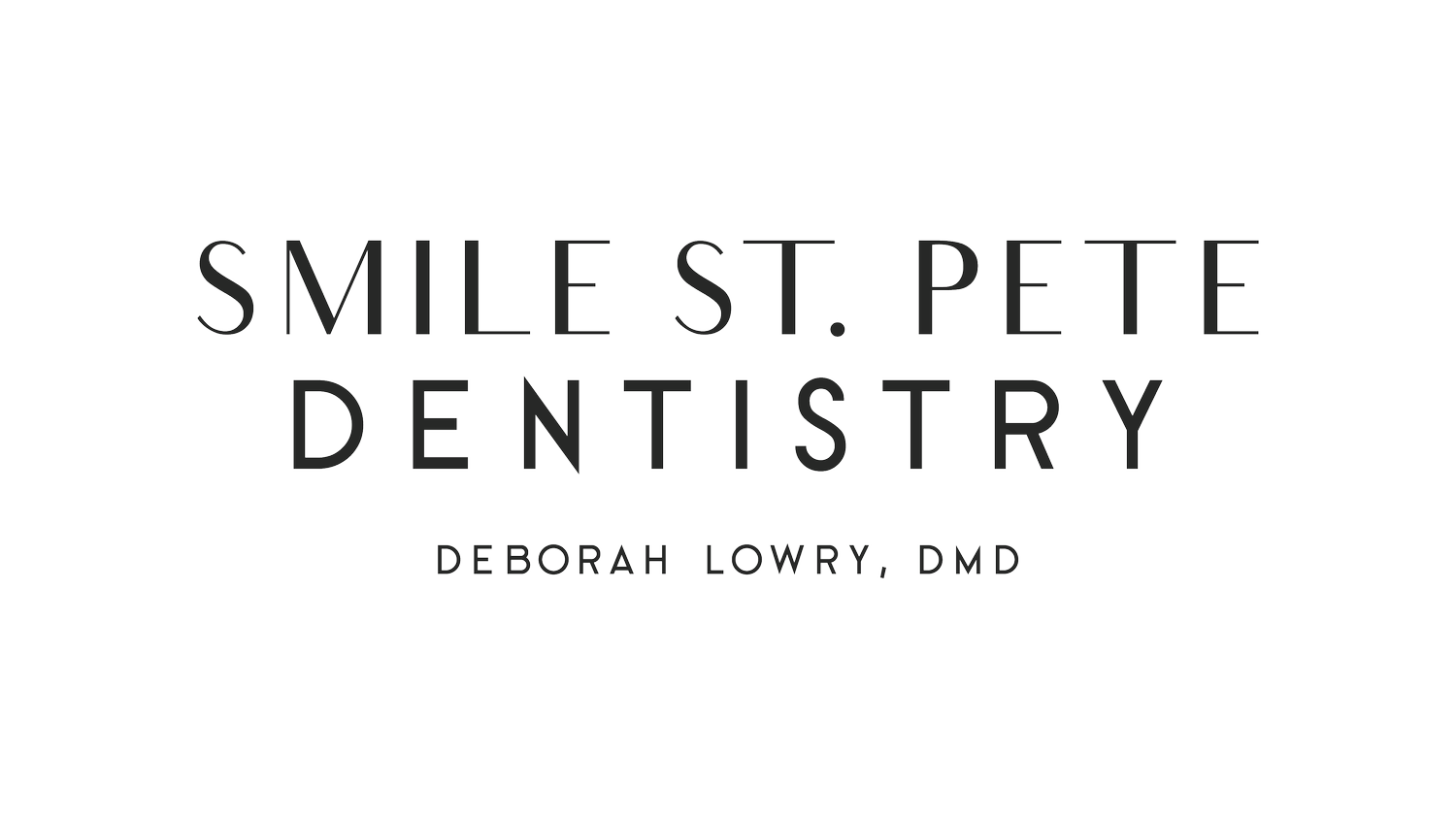Are Abrasive Toothpastes Bad For My Teeth?
Are you ever overwhelmed by the multitude of toothpaste options available in the tooth care aisle? With brands boasting of enamel protection, gum health, whitening properties, and more, it's hard to know which one is right for you. One particular concern that often arises is the question of abrasive toothpastes. Are they harmful to your teeth? Today, we'll navigate through the world of toothpaste, focusing on abrasiveness, and help you make an informed choice.
Understanding Toothpaste Abrasiveness
Contrary to what you might think, all toothpastes have some level of abrasiveness. This is necessary to help remove plaque and surface stains from your teeth. However, the degree of abrasiveness varies between brands and types.
Toothpaste abrasiveness is measured on a scale known as Relative Dentin Abrasivity (RDA). The American Dental Association (ADA) deems toothpastes with an RDA of 250 or less to be safe. However, those with a lower RDA tend to be less abrasive, and thus gentler on your enamel.
The Risks of Highly Abrasive Toothpastes
Highly abrasive toothpastes often promise whiter, shinier teeth in a short amount of time. These toothpastes can indeed remove surface stains effectively, giving the appearance of whiter teeth. However, they might do so at the expense of your enamel.
Enamel is the hard, protective surface layer of your teeth. When it's worn away, it doesn't grow back. Over time, using a highly abrasive toothpaste can erode this enamel, leading to increased sensitivity and susceptibility to cavities. So, while you might initially see a brighter smile, the long-term effects could be detrimental to your oral health.
Choosing the Right Toothpaste: Dentists' Top Picks
With the potential risks of highly abrasive toothpaste in mind, let's look at some toothpastes that dentists frequently recommend. Remember, the best toothpaste for you depends on your specific dental needs, so it's always a good idea to discuss this with your dentist.
Colgate Total: This toothpaste offers comprehensive protection, tackling everything from plaque to bad breath, while also containing fluoride for cavity prevention. With an RDA score well below 250, it's a safe, everyday option.
Sensodyne Pronamel: Especially designed for people with sensitive teeth, this toothpaste has a low abrasivity level and helps to protect and re-harden your enamel.
Crest Pro-Health: Another low-abrasivity toothpaste, Crest Pro-Health focuses on overall oral health, tackling issues like gum health and enamel protection.
Arm & Hammer Dental Care: Known for its baking soda content, this toothpaste is gentle on the enamel while being effective in removing stains and neutralizing mouth acids.
Tom’s of Maine Natural Cavity Protection Fluoride Toothpaste: For those who prefer a natural product, this toothpaste is a good choice. It has fluoride for cavity protection and is low in abrasiveness.
Toothpastes to Look Out For
While many toothpastes on the market are safe and effective, some might be too abrasive for daily use. Charcoal toothpastes, despite their popularity for their whitening effects, often fall into this category. They can be highly abrasive and may lead to enamel erosion over time. It's best to consult with a dental professional before incorporating these types of toothpastes into your routine.
Navigating the toothpaste aisle doesn't need to be a challenge. Understanding your oral health needs and being aware of what's in your toothpaste are the first steps in making an informed choice. While abrasive toothpastes can offer a quick fix to surface stains, they may pose long-term risks if used excessively. As always, maintaining regular dental check-ups and discussing your oral health with your dentist is the best strategy for a brilliant, healthy smile.
